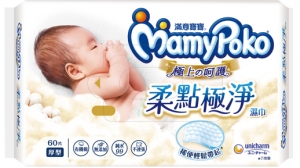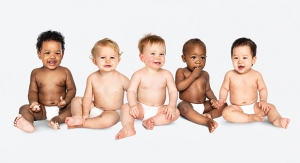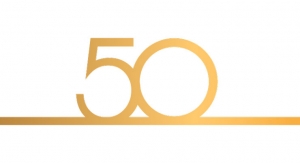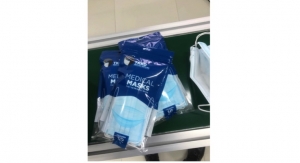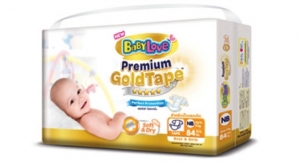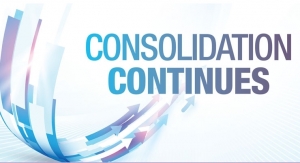Karen McIntyre, Editor10.08.18
As this issue goes to press, Unicharm announced it would purchase DSG, one of Southeast Asia’s largest makers of adult incontinence and baby diaper products with strong positions in some of the region’s fastest growing markets like Thailand, Malaysia and Vietnam. The acquisition, says the company, will help Unicharm achieve its goal of reaching sales of ¥800 billion (about $7 billion) and diversify its position throughout Asia.
This has been a strategy of Unicharm’s for a while.
In the past five years, the company has made notable acquisitions in Myanmar and Vietnam and invested in greenfield sites in other fast-growing Asian countries like China and India. Its Indian strategy has been particularly aggressive with three sites added in almost as many years, giving it the leading position in this country.
Unicharm is clearly Asia’s largest hygiene manufacturer with no. 1 or no. 2 positions in nearly every absorbent market—baby diapers, feminine hygiene and adult incontinence—in most countries. While some would say its fellow Japanese company Kao has more sophisticated technology and U.S. Procter & Gamble is bigger globally, Unicharm’s Asian strategy has worked well. And, the integration of DSG’s brands give Unicharm, a lower cost product platform to help woo newcomers to the market. Also, the acquisition gives Unicharm access not only to nearly $300 million in sales revenues but manufacturing assets close to the customer it wants to attract.
As hygiene companies around the world continue to compete for marketshare in Asia—P&G for example recently announced a new ultra-premium diaper in China that has helped turn around its business there—it will be interesting to see how Unicharm’s dominance in this market will play out. Will winning in Asia, ultimately mean winning the world? As more users of diapers, both baby and adult, are born in countries like India and Thailand, will Unicharm emerge as the global leader in hygiene? If this is the case, it will certainly be hard won as companies like P&G, Kao and many others are working hard to ensure that their efforts in Asia reap great rewards.
Karen McIntyre
Editor
kmcintyre@rodmanmedia.com
This has been a strategy of Unicharm’s for a while.
In the past five years, the company has made notable acquisitions in Myanmar and Vietnam and invested in greenfield sites in other fast-growing Asian countries like China and India. Its Indian strategy has been particularly aggressive with three sites added in almost as many years, giving it the leading position in this country.
Unicharm is clearly Asia’s largest hygiene manufacturer with no. 1 or no. 2 positions in nearly every absorbent market—baby diapers, feminine hygiene and adult incontinence—in most countries. While some would say its fellow Japanese company Kao has more sophisticated technology and U.S. Procter & Gamble is bigger globally, Unicharm’s Asian strategy has worked well. And, the integration of DSG’s brands give Unicharm, a lower cost product platform to help woo newcomers to the market. Also, the acquisition gives Unicharm access not only to nearly $300 million in sales revenues but manufacturing assets close to the customer it wants to attract.
As hygiene companies around the world continue to compete for marketshare in Asia—P&G for example recently announced a new ultra-premium diaper in China that has helped turn around its business there—it will be interesting to see how Unicharm’s dominance in this market will play out. Will winning in Asia, ultimately mean winning the world? As more users of diapers, both baby and adult, are born in countries like India and Thailand, will Unicharm emerge as the global leader in hygiene? If this is the case, it will certainly be hard won as companies like P&G, Kao and many others are working hard to ensure that their efforts in Asia reap great rewards.
Karen McIntyre
Editor
kmcintyre@rodmanmedia.com



